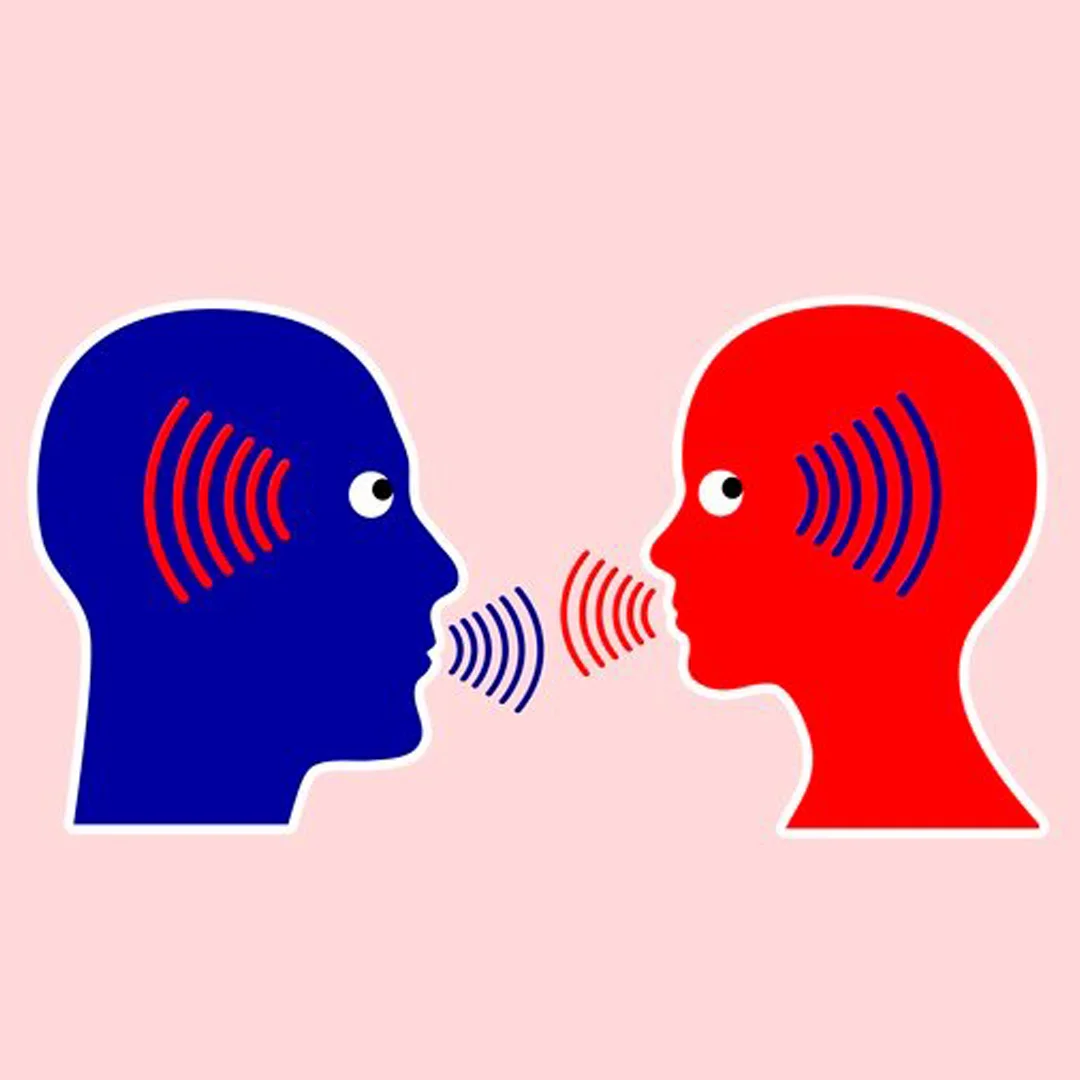The Lost Art of Listening: Part 2 - The Real Reasons People Don't Listen
The Lost Art of Listening: Part 2 - The Real Reasons People Don't Listen
We often (usually) enter into conversations with our minds already set on what we expect to hear and how we will interpret what other people say. But genuine listening requires the setting aside of our own judgments and emotions and focusing on the other person. Listening is a silent and strenuous activity that requires effort. We already established the enormous life satisfaction that is to be gained by truly hearing those around us. We need to examine why we haven’t been listening.
There are a number of reasons why we don’t properly listen to others. Often, we are preoccupied with our own thoughts or distracted by external influences, such as texting and checking voice mail. It would be scary if we realized how often we spend our lives wrapped up in ourselves and on autopilot. Most people can sense when we’re not interested in what they are saying, and they will feel dismissed.
Example: You meet a friend for lunch and he rants about how he got fired from yet another job. You’ve been sympathetic toward his problems in the past, but after a stressful morning you blurt out, "Again? No surprise there!"
Why would you make that comment? It could be because you already had a preset agenda for the lunch date – you wanted an upbeat meal with fun conversation, and perhaps you had your own personal problem you wanted to sort out, and your friend upstaged you. Again, it is our own preset agenda and prejudices that cause us to fail to listen – and this is our friend! Think how rich that friendship would be if you both truly wanted to hear about the other’s mind and heart and how their life is going. Imagine how you would feel if your friend affirmed and validated you and you went home relaxed, contented and not alone.
Sometimes we ask lead-in questions that serve as an opportunity to talk about ourselves.
Example: You ask, “Did you sleep well last night?” and before they can reply, you jump in: “Well I didn’t! The neighbor’s dog howled like a coyote!”
We often interrupt with phrases like, "Me too," or "That reminds me of the time," to return the focus to us. When that happens we need to recognize our failure to listen, and place our need to speak aside for a moment.
Because listening is an active process, it requires a certain level of self-control to ignore our memories, desires, and judgments. Listening intensely can be difficult to maintain and oftentimes we think we're listening when we're really just marking time until the conversation returns to us. To actively listen, we need to compartmentalize our feelings and thoughts. When we're finished listening, we'll get our turn to express ourselves.
Our biases are rooted in past experiences. Once we discover the source of these prejudices, we can relinquish them and replace them with unselfish motives. Only when anger and grief fade away, can intrigue and compassion be restored. Then we can expand our understanding of each other and grow in our relationships.




